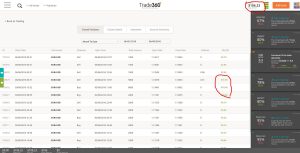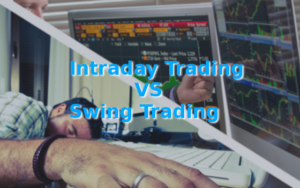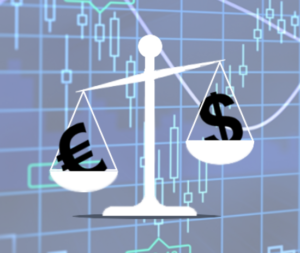Why Regulation is important for Forex trading

Foreign exchange regulation is a structure of monetary regulation in particular aimed at the Forex market which is decentralized and runs with no central exchange or clearing house. Because of its decentralized and universal nature foreign exchange market has been more vulnerable to foreign exchange deception and has been less synchronized than other monetary markets.
Whilst, it backs to choosing a Forex broker, one of the most essential factors to search for is whether or not it is covered by a respectable an reputed regulator. The flow in Forex brokers opening their doors nowadays has increased the likelihood that a large number of of them are working without any regulation or real supervision. Since the Forex market is decentralized and runs with no central exchange or clearing house, it is the regulatory organizations that are allocated the task of performing as watchdogs for their own markets and supplying monetary licenses to organizations that are of fine and good standing and have sufficient funds to run a brokerage trade.
In addition, the foreign exchange market is the world’s largest monetary market with close to $4 billion in trades performed every day. Forex has in the earlier period been regarded as the exclusive field of great banks, companies and corporations but this has modified and changed of belatedly, and Forex is nowadays progressively more and increasingly traded through Forex brokers, leading to the necessity of increased regulation and inspection.
Furthermore, a number of countries perform regulate Forex brokers via governmental and independent supervisory organizations, such as the Financial Conduct Authority in the UK, the Australian Securities and Investments Commission in Australia, and in USA there is the Commodity Futures Trading Commission and the National Futures Association. These organizations perform as watchdogs for their own markets and supply monetary licenses to associations that compatible with the local regulations. There are definite main regulators be prominent from the crowd and are identified as trustworthy by both Forex traders and brokers. The most famous FX regulatory organizations in Europe are the Financial Conduct Authority (FCA) and the Cyprus Securities and Exchange Commission (CySEC).
In conclusion, the aim of regulation is to guarantee fair and ethical trade behavior. In their turn all signal sellers, foreign exchange brokers, and investment banks should run in comply with the regulations and standards set by the Forex regulators. Usually they have to be licensed and registered in the country where their processes are based. Licensed brokers possibly will yield to recurrent audits, appraisals and assessments to verify that they fulfill the standards of industry. Foreign exchange brokers perhaps have funds requirements which need them to embrace an adequate amount of funds to be capable of executing and finishing foreign exchange contracts accomplished by their clients and also to return clients’ finances intact in case of bankruptcy.




